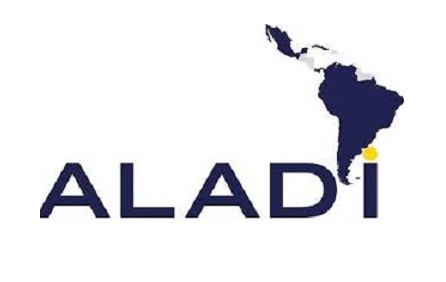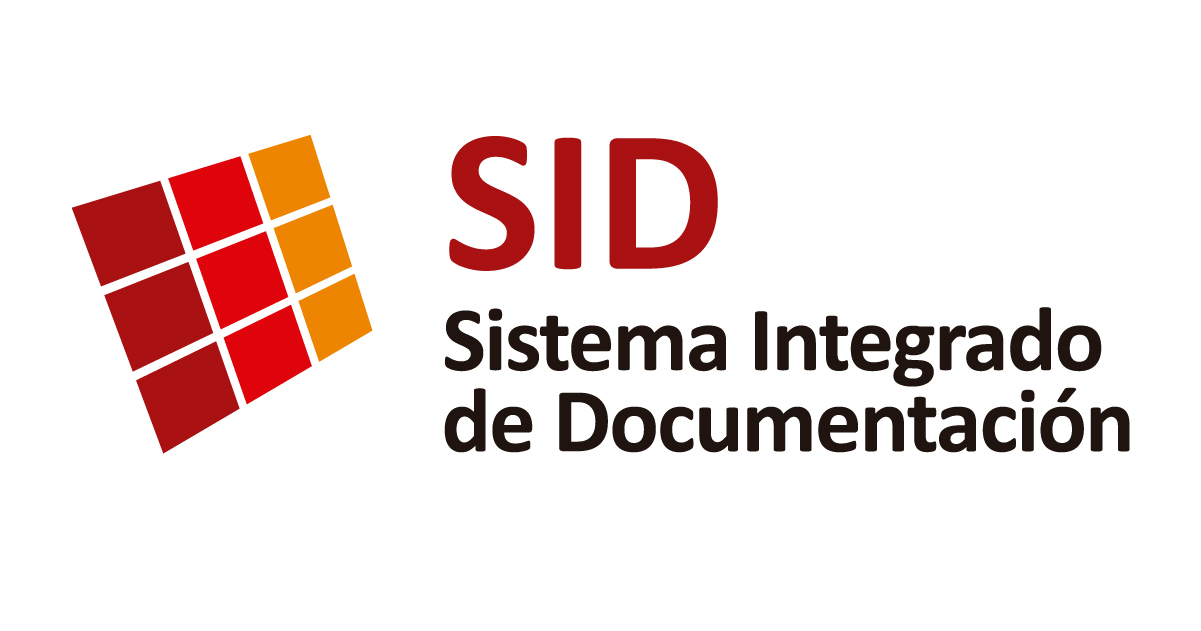Times of change in regionalism
Abstract
The new century has been affected by a series of transformations in different dimensions, leading to a rethinking of international economic relations in general and integration processes in particular, questioning their objectives and guided by pragmatism, have adopted formats of Integration and flexibility derived from diverse conceptions of development as a way of facing the changes that operate in this global world.
The European paradigm, as an example to emulate, is in crisis by a combination of factors ranging from the resurgence of nationalist tendencies to the disparate mechanisms of confrontation of migratory problems, thus Britain's Brexit urging the withdrawal of the European Union (EU).
The political dynamic in America has passed from the resumption of negotiations between the United States of America and Cuba to the policy that will develop the country from the North from 2017, implying an alteration in the future objectives against the possibility of leaving the Treaty North American Free Trade Agreement (NAFTA) and the Trans-Pacific Partnership Agreement (TPP).
In this context, the Latin American debate takes place between deepening some of the existing integration processes or, on the contrary, limiting them to more moderate purposes.
Once again, the "Contributions for Latin American Integration" Magazine contributes to the analysis of the new scenario facing Regional Integration, looking for options that overcome the stagnation and persistent fragmentation.
Downloads
Metrics
Downloads
Published
How to Cite
Issue
Section
License
Obras bajo licencia CC-BY-NC-ND
Esta licencia no permite la generación de obras derivadas ni hacer un uso comercial de la obra original, es decir, sólo son posibles los usos y finalidades que no tengan carácter comercial.


































